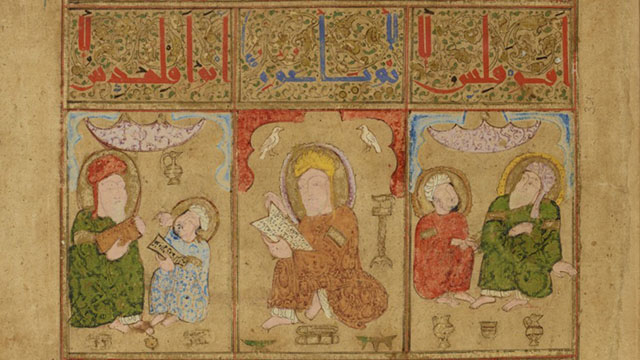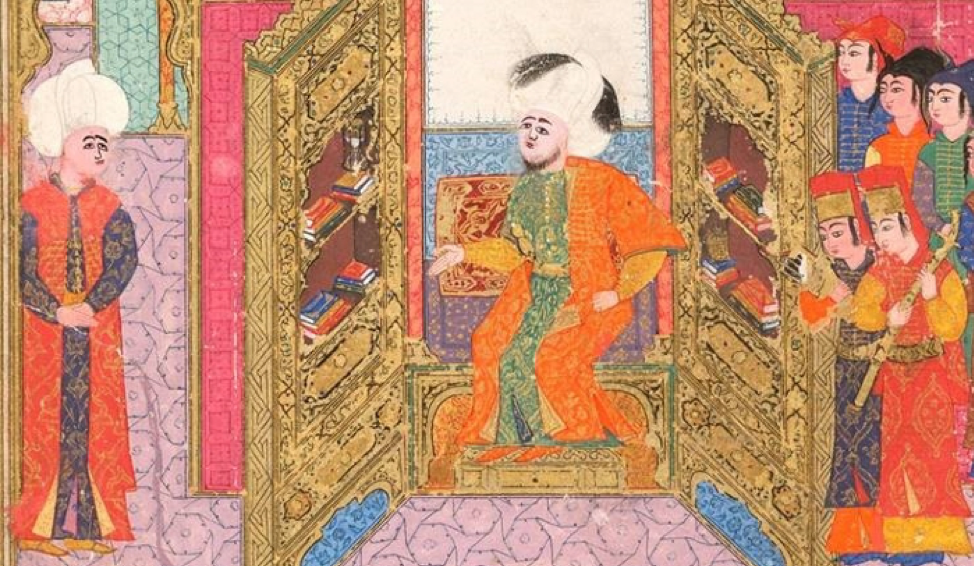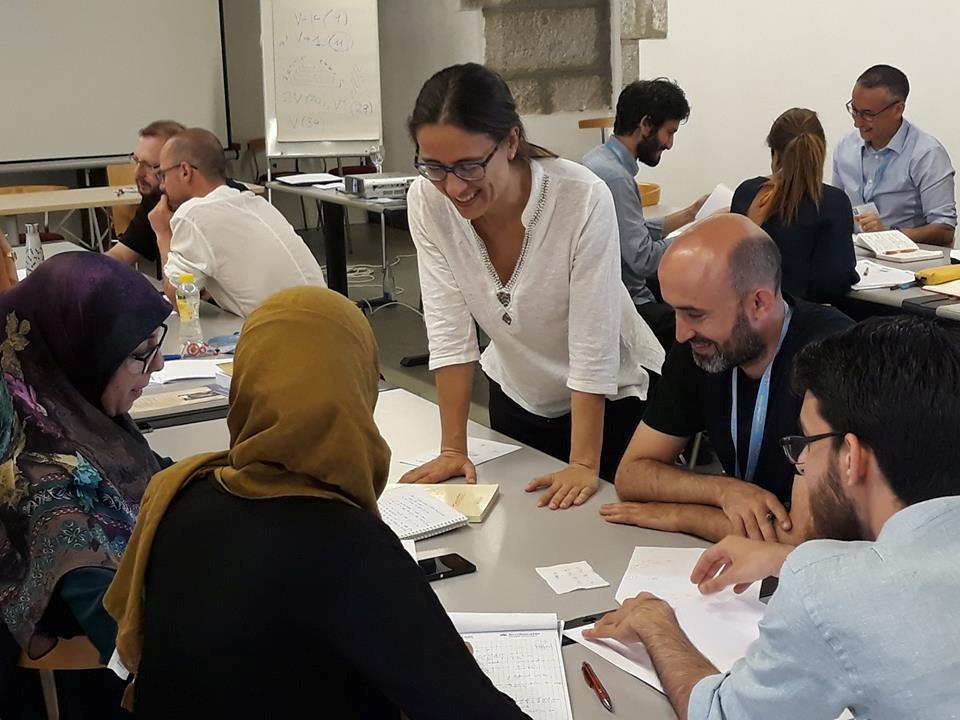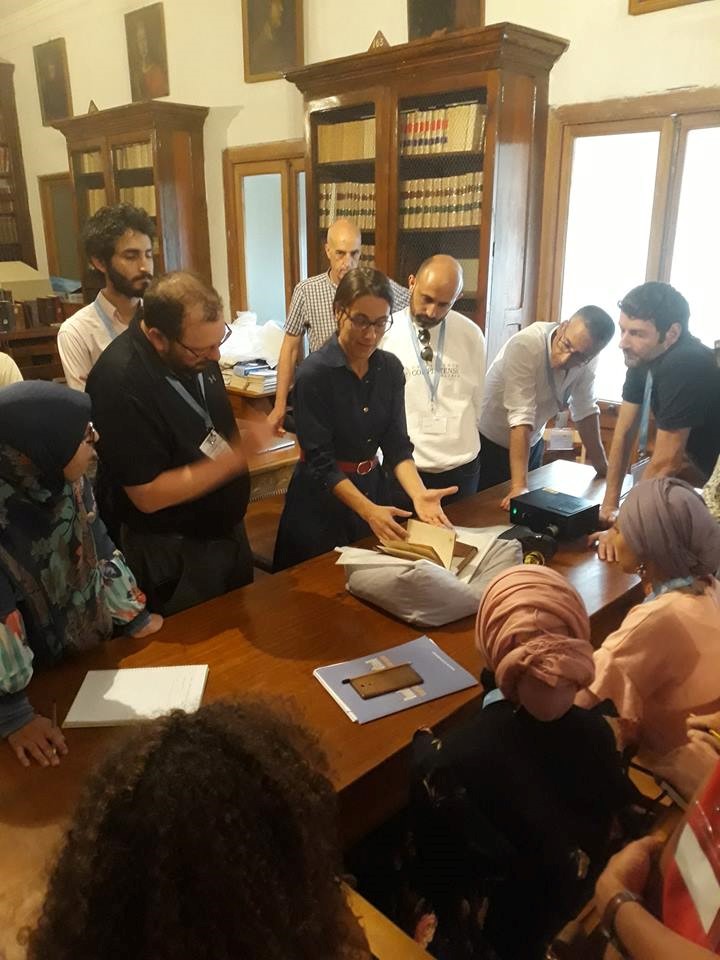Online Workshop: An Introduction to Arabic Manuscripts
The UCLA Center for Near Eastern Studies is offering a free, intensive online workshop, “An Introduction to Arabic Manuscripts,” on August 23-27, 2021. The application link can be found here: https://ucla.in/3cmYvbP

Kitāb al-Diryāq, Bibliothèque nationale de France, MS Arabe 5847, f. 37r
This week-long workshop features leading authorities on the study of Arabic manuscripts. The workshop will equip emerging scholars with the basic tools to conduct research with original handwritten texts in Arabic script.
Over the course of five days, participants will learn the basics of codicology, paleography, and manuscript production and circulation, in the context of an expansive vision of current debates in Arabic manuscript research.
Topics include:
- anatomy of the codex
- canonical and informal scripts
- colophons, audition notes, owners’ notes, readers’ notes
- digital collections
- ethics and best practices
- scribes and other craftspeople
- strategies for decipherment
- supports, bindings
- technical terminology
- transmission practices and patterns
Enrollment is free of charge. Full participation is by application only. Others may observe via webinar.
Application deadline is 22 April 2021. Apply at https://ucla.in/3cmYvbP
All applicants are welcome, regardless of home institution; priority will be given to PhD students and untenured scholars with compelling need to use Arabic manuscripts in their research.
Co-sponsored by Princeton and UCLA, which house the two largest repositories of Islamicate manuscripts in North America.
Organizers: Marina Rustow (Princeton) and Luke Yarbrough (UCLA)
UCLA event website and list of sponsors: https://www.international.ucla.edu/cnes/event/14962
Princeton website coming soon!
For questions not addressed above or on the web page, please contact: CNES [at] international.ucla.edu
© International Qur’anic Studies Association, 2021. All rights reserved.



